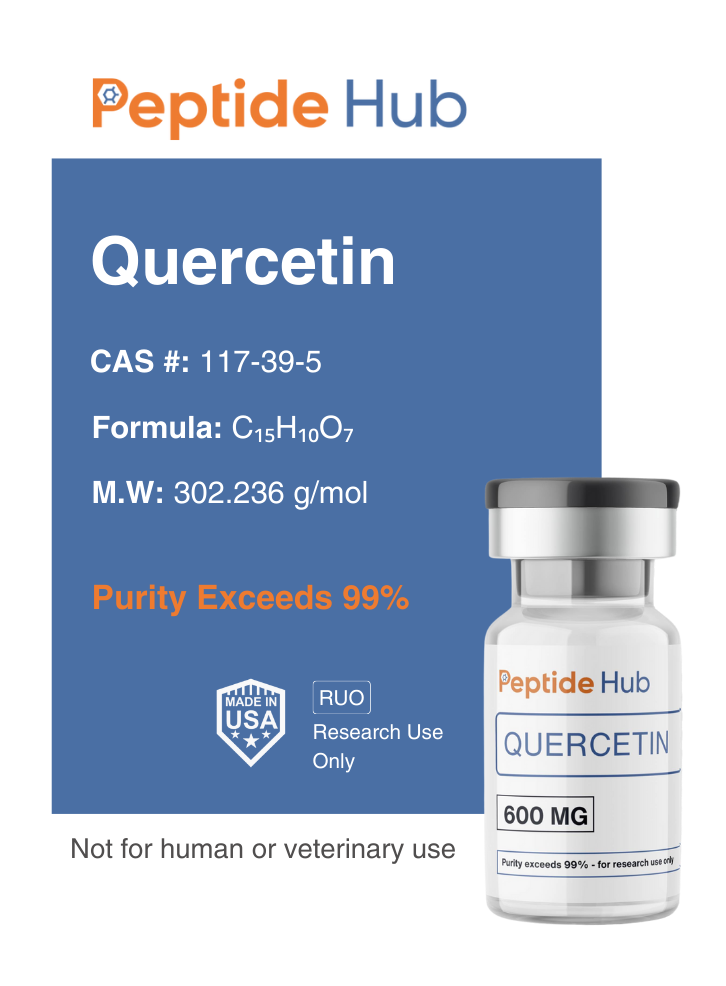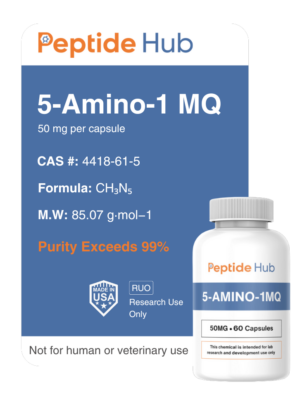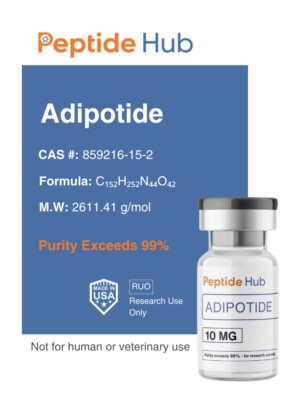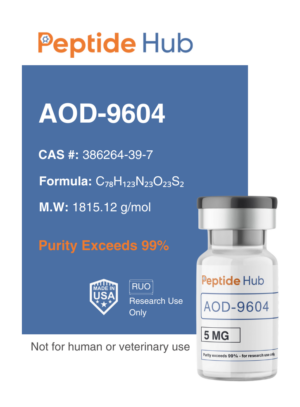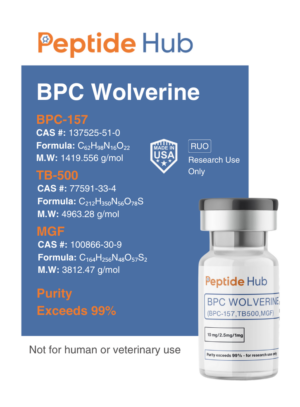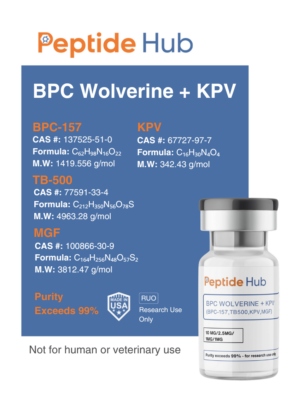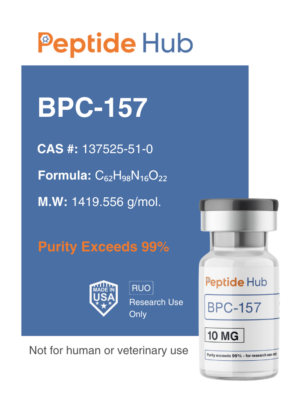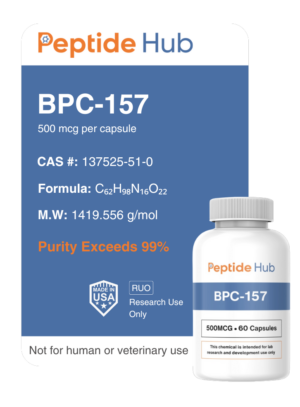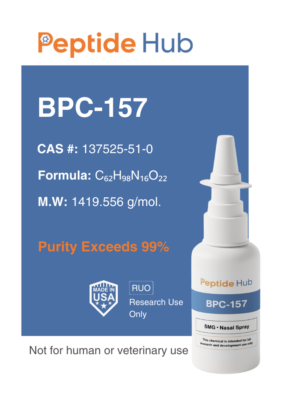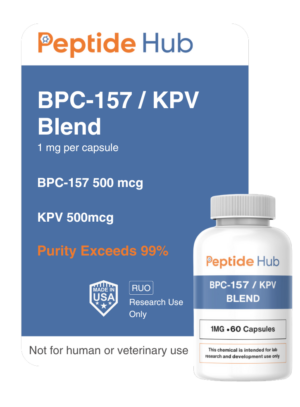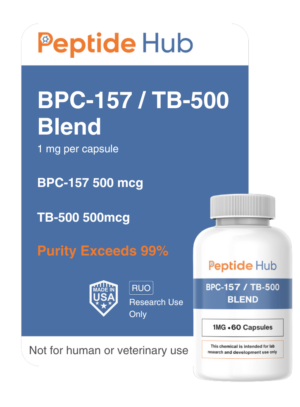Quercetin – 200mg
$200.00

99% Purity

3rd Party Tested

USA Made
Quercetin
Quercetin is a flavonoid compound found in many fruits, vegetables, and grains. It has been studied for its potential antioxidant and anti-inflammatory properties. Ultimately, research into quercetin has focused on its ability to influence a variety of biological processes, including inflammation and cellular protection.
Potential Research Applications
Quercetin is currently being explored in research settings for its role in:
- Antioxidant Properties: Studied for its ability to neutralize free radicals and protect cells from oxidative damage.
- Anti-inflammatory Effects: Investigated for its potential to reduce inflammation in various tissues and systems.
- Immune System Modulation: Explored for its impact on immune function and response to infections.
- Cellular Protection: Examined for its potential to protect against cellular aging and damage from environmental stressors.
✔ High-Quality Research Peptides – Produced under stringent quality control standards.
✔ Lab-Tested for Purity – Ensures consistency for scientific studies.
✔ Research Use Only – Not for human consumption or medical applications.
✔ Peptides – Will arrive in a lyophilized (powder) form for maximum stability and ease of reconstitution.
The peptides are available for research and laboratory purposes only. Please review and ahere to our Terms and Conditions before ordering.
- Description
- Certificate of Analysis
Quercetin is a naturally occurring flavonoid studied for its antioxidant, anti-inflammatory, and cellular health-promoting properties. Found in fruits, vegetables, and grains, quercetin modulates several biological pathways. Consequently, researchers examine its effects on oxidative stress, inflammation, and immune function.
As an antioxidant, quercetin neutralizes free radicals, which can damage cells. This action has led to studies on its role in mitigating conditions related to oxidative stress, such as cardiovascular diseases, neurodegenerative disorders, and chronic inflammation. Research suggests that, by protecting cells and tissues from oxidative damage, quercetin can support overall cellular health.
In addition to its antioxidant properties, quercetin also has anti-inflammatory effects. Researchers have studied its ability to influence enzymes and pathways involved in inflammation, such as cyclooxygenase and lipoxygenase. By reducing pro-inflammatory molecules, quercetin may lower inflammation in tissues, making it useful in research on conditions like arthritis, asthma, and other inflammatory diseases.
Furthermore, studies suggest that quercetin can influence immune cell activity, potentially enhancing immune responses or regulating immune system overactivity. This makes it particularly relevant to research on autoimmune diseases and viral infections.
Beyond its antioxidant, anti-inflammatory, and immune-modulating effects, quercetin may also impact cellular processes like apoptosis and autophagy. Therefore, further research is needed to fully understand its mechanisms and potential applications.
No Certificate of Analysis images available for this product.

